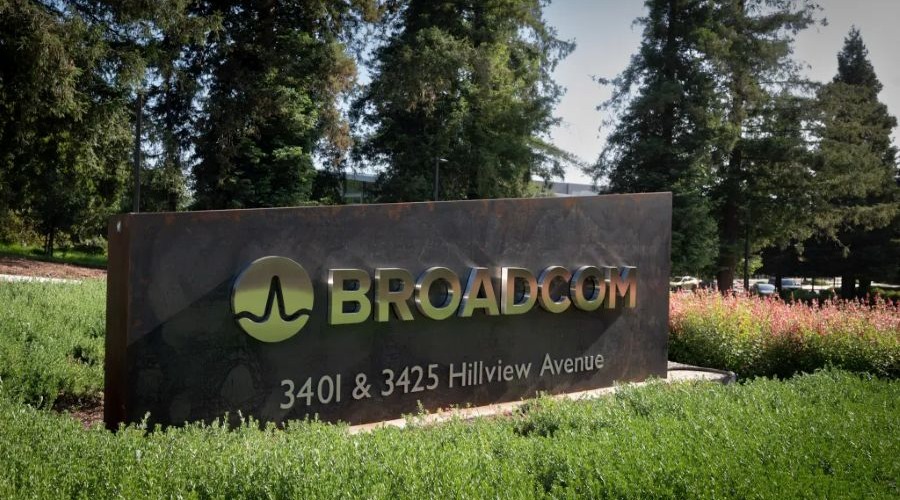In what may seem like a small blip in the vast world of corporate America, Lamb Weston, the largest French fry supplier for McDonald’s, has just closed one of its factories.
The company cited meal deals (and smaller fry portions), promotional deals, and inflationary pressures as the main culprits for falling fry sales. Lamb Weston president and CEO Thomas Werner specifically highlighted the value deals created by a wide range of fast food chains as impacting french fry sales.
The shutdown has sparked concerns about supply chain issues that might impact the fast-food giant’s ability to dish out one of its most iconic menu items: McDonald’s french fries. If that doesn't make you sit up and pay attention, think of it this way—when one of the world’s largest fast-food chains has a hiccup in something as simple as fries, we could be looking at bigger problems under the surface.
French Fries as an Economic Indicator?
Here’s a fun (and slightly terrifying) thought—what if french fry sales were an economic indicator? In good times, people can afford a little indulgence; in tough times, perhaps people cut back on even the small joys like ordering a side of fries. Now, with Lamb Weston closing its doors at a major factory, we might just be seeing the start of something bigger. The closure doesn’t just reflect supply chain issues or a possible overcapacity situation; it might be a warning sign that the global economy is facing some turbulence.
You might be thinking, “Okay, it’s just McDonald’s french fries. No big deal.” But consider this: McDonald’s is a massive player in the fast-food market, and their french fries are a staple in their global sales strategy. A disruption in their fry supply could signal issues with logistics, costs, or even consumer demand. After all, if something as fundamental as french fries is facing a supply chain breakdown, what else could be affected?
A Hard Pill to Fry: What This Means for McDonald's
McDonald's certainly isn’t going to collapse over Lamb Weston closing a factory, or a french fry shortage, but that doesn’t mean this issue isn’t worth watching. The ripple effects could be more widespread. Any disruption in a key supplier like Lamb Weston could lead to higher costs for McDonald’s, which they might pass on to consumers. In an economy where inflation is already hitting households, that might just be the straw that breaks the camel’s back for some loyal fry lovers. OK, jokes aside, if American fast food joints are struggling … what does that say for the rest of the economy?
When french fries become political.
Moreover, this factory closure doesn’t only affect McDonald’s; Lamb Weston supplies many other clients as well. This could create a domino effect throughout the food industry, especially as inflationary pressures and supply chain challenges persist. If the fast-food industry feels the pinch, it’s likely that consumers—who often turn to cheap eats when times get tough—will feel it too.
French Fry Economics: Crunchy or Soft?
There’s a certain irony in looking to french fries as an economic barometer, but hey, stranger things have happened. Just as lipstick sales once became a quirky measure of economic downturns (the so-called “lipstick index”), maybe french fries are the next in line. When people can’t afford the small luxury of fries with their meal, you know something’s up.
Beyond the fun of french fry economics, however, the situation is genuinely serious. Supply chain problems and economic slowdowns have long been connected, and this factory closure could foreshadow larger issues for industries far beyond fast food. With major corporations like McDonald's struggling to maintain consistent supply chains, it’s worth keeping an eye on how they handle this french fry debacle in the months to come.
More Problems Brewing at McDonald’s?
As if their coffee weren’t vile enough, there’s more trouble brewing for McDonald’s. The fast-food giant has been hit with a lawsuit from the Federal Trade Commission (FTC) accusing it and other big meat suppliers—like Tyson Foods and JBS—of price-fixing beef. This is the latest in a series of legal challenges McDonald’s has faced in recent years. The golden arches are facing some tough times. Fries, then burgers. Maybe the much-maligned salad options will become their number-one seller.
In the end, a factory closing its doors may seem like a minor blip on the radar, but when that factory supplies french fries to McDonald’s—arguably one of the most iconic fast-food items on the planet—it’s worth taking notice. Whether this signals larger economic troubles remains to be seen, but one thing’s for sure: we’ll be watching those fry sales a little more closely from now on… The french fry index? The french fry factor? We’ll go with “factor.”
For more finance-adjacent news, visit our Trending section.


















